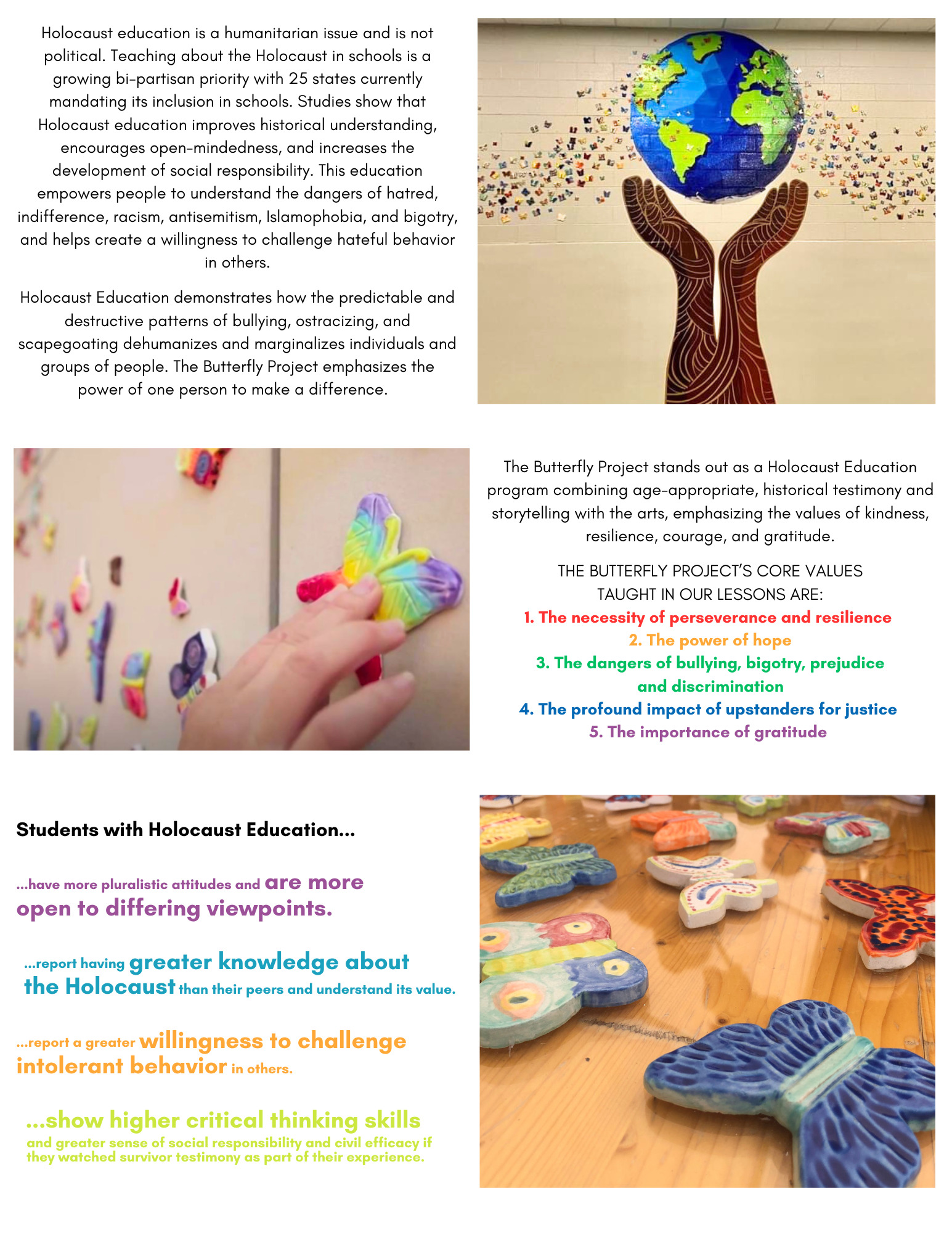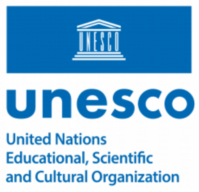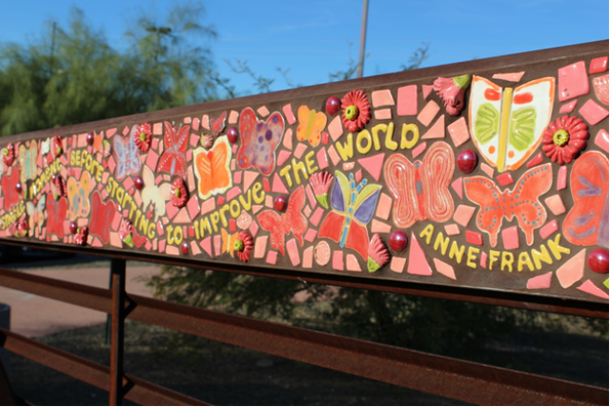
Source-2020 Echoes and Reflections US College Survey on the purpose of Holocaust education in high school, which was a multi organization resource created by Anti-Defamation League, USC Shoah Foundation and Yad Vashem

The following information has been copied from:
the UNESCO webpage on The Importance of Teaching and Learning About the Holocaust
and
the UNESCO Policy Guide on Education about the Holocaust and Preventing Genocide
On the occasion of International Holocaust Remembrance Day, commemorated each year on 27 January, UNESCO pays tribute to the memory of the victims of the Holocaust and reaffirms its commitment to counter antisemitism, racism, and other forms of intolerance.
In 2017, UNESCO released a policy guide on Education about the Holocaust and Preventing Genocide, to provide effective responses and a wealth of recommendations for education stakeholders.
THE IMPORTANCE OF TEACHING AND LEARNING ABOUT THE HOLCAUST
To play a role in shaping the future, young people must have a better understanding of the past. An understanding of history can support efforts to create free and just societies. Such examination is required not only for our greatest achievements – but for our failures as well. The Holocaust was a watershed event in relatively recent history whose legacies still shape our world and whose lessons are relevant to the challenges we face today. To this end, UNESCO created a policy guide on Education about the Holocaust and preventing genocide that aims to help key actors in the world’s education systems implement effective education about the Holocaust and genocide as well as mass atrocities by discussing approaches for integrating this education into various environments.
Understanding how and why the Holocaust occurred can inform broader understandings of mass violence globally, as well as highlight the value of promoting human rights, ethics, and civic engagement that bolsters human solidarity at the local, national, and global levels. Examination of the systematic persecution and murder of Europe’s Jews raises questions about human behavior and our capacity to succumb to scapegoating or simple answers to complex problems in the face of vexing societal challenges. The Holocaust illustrates the dangers of unchecked prejudice, discrimination, antisemitism and dehumanization. It also reveals the full range of human responses – thereby raising important considerations about societal and individual motivations and pressures that lead people to act as they do – or to not act at all.
WHY TEACH ABOUT THE HOLOCAUST?
Education stakeholders can build on a series of rationales when engaging with this subject, in ways that can relate to a variety of contexts and histories throughout the world. The UNESCO policy guide on Education about the Holocaust and Preventing Genocide lists some of the main reasons why it is universally relevant to engage with such education.
Teaching and learning about the Holocaust:
- Demonstrates the fragility of all societies and of the institutions that are supposed to protect the security and rights of all. It shows how these institutions can be turned against a segment of society. This emphasizes the need for all, especially those in leadership positions, to reinforce humanistic values that protect and preserve free and just societies.
- Highlights aspects of human behavior that affect all societies, such as the susceptibility to scapegoating and the desire for simple answers to complex problems; the potential for extreme violence and the abuse of power; and the roles that fear, peer pressure, indifference, greed, and resentment can play in social and political relations.
- Demonstrates the dangers of prejudice, discrimination, and dehumanization, be it the antisemitism that fueled the Holocaust or other forms of racism and intolerance.
- Deepens reflection about contemporary issues that affect societies around the world, such as the power of extremist ideologies, propaganda, the abuse of official power, and group-targeted hate and violence.
- Teaches about human possibilities in extreme and desperate situations, by considering the actions of perpetrators and victims as well as other people who, due to various motivations, may tolerate, ignore or act against hatred and violence. This can develop an awareness not only of how hate and violence take hold but also of the power of resistance, resilience and solidarity in local, national, and global contexts.
